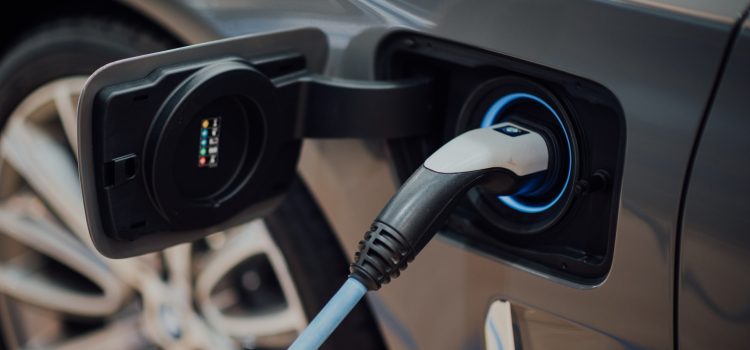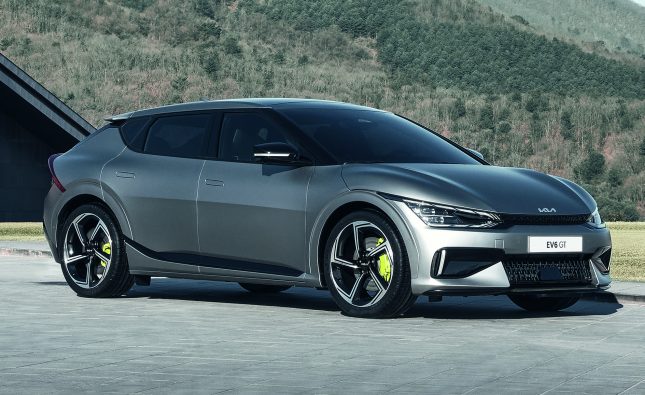
Electric cars are gaining popularity around the world, with governments offering incentives such as tax breaks to encourage more people to switch to eco-friendly modes of transportation. However, as electric vehicles become more commonplace, questions have been raised about who benefits the most from these tax breaks.
In the United States, electric car tax breaks have been available since 2010 as part of the Energy Improvement and Extension Act. This legislation provides tax credits of up to $7,500 for electric vehicles, depending on their battery size and range. However, these tax breaks are set to phase out once automakers have sold a certain number of electric vehicles.
The question remains, who benefits most from these tax breaks? Is it the wealthy, who can afford to purchase expensive electric vehicles and have a higher tax liability? Or is it the middle and lower-income households who would benefit more from the financial savings that come from driving an electric car, including lower fuel costs and less maintenance?
According to a study conducted by the Union of Concerned Scientists, the majority of electric vehicle tax credits have gone to households with incomes over $100,000. This is due in part to the higher cost of electric vehicles, which are often more expensive than their gas-powered counterparts. The study found that households with incomes over $200,000 received an average of $5,672 in tax credits, while households with incomes between $75,000 and $100,000 received an average of $3,536.
On the other hand, middle and lower-income households are less likely to take advantage of electric vehicle tax breaks due to their higher cost of living and lower tax liability. According to a report by the National Renewable Energy Laboratory, households with incomes below $50,000 are less likely to purchase electric vehicles, even with tax incentives.
Furthermore, some argue that electric vehicle tax breaks disproportionately benefit wealthy households who can afford to purchase multiple electric vehicles, while middle and lower-income households can only afford one. This means that the wealthy can claim multiple tax credits, while the less affluent can only claim one.
Despite these concerns, proponents of electric vehicle tax breaks argue that they are necessary to incentivize more people to switch to electric cars, which are crucial for reducing greenhouse gas emissions and combating climate change. Additionally, electric cars have lower fuel and maintenance costs, which can save households money in the long run.
In conclusion, while electric car tax breaks can be beneficial in promoting eco-friendly transportation and reducing carbon emissions, their impact is not equally distributed. Wealthy households tend to benefit more from these incentives, while middle and lower-income households are less likely to take advantage of them due to their higher cost of living and lower tax liability. Policymakers should take into account these discrepancies when crafting tax incentive policies for electric vehicles.










